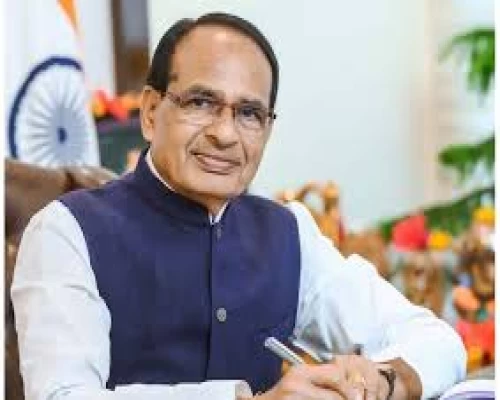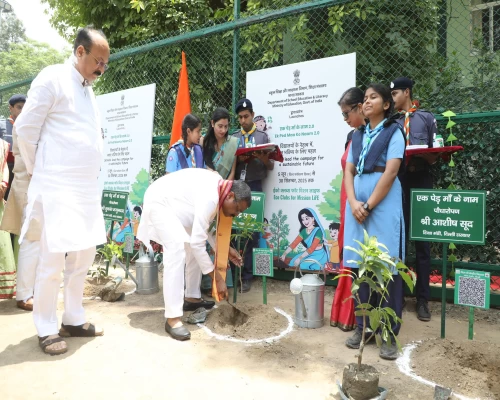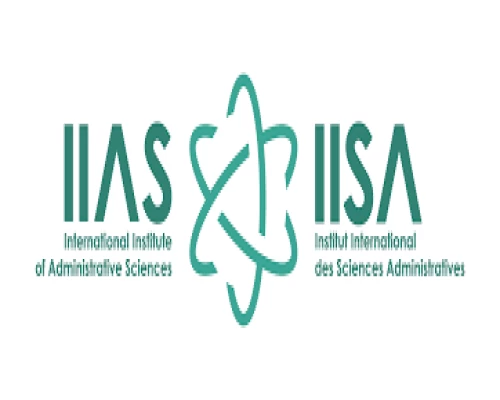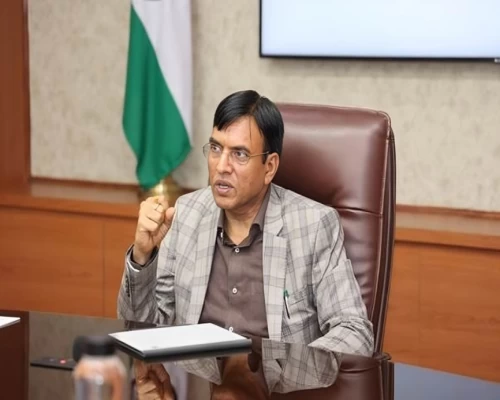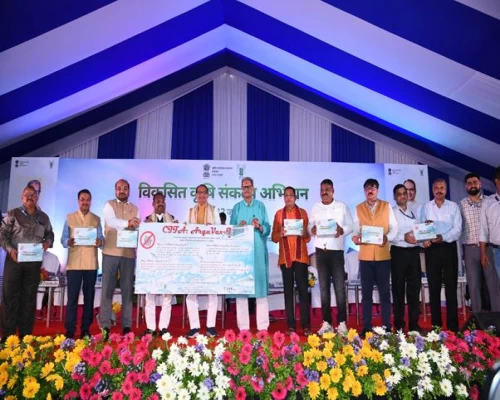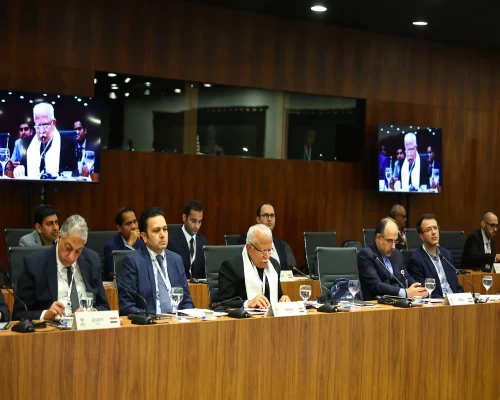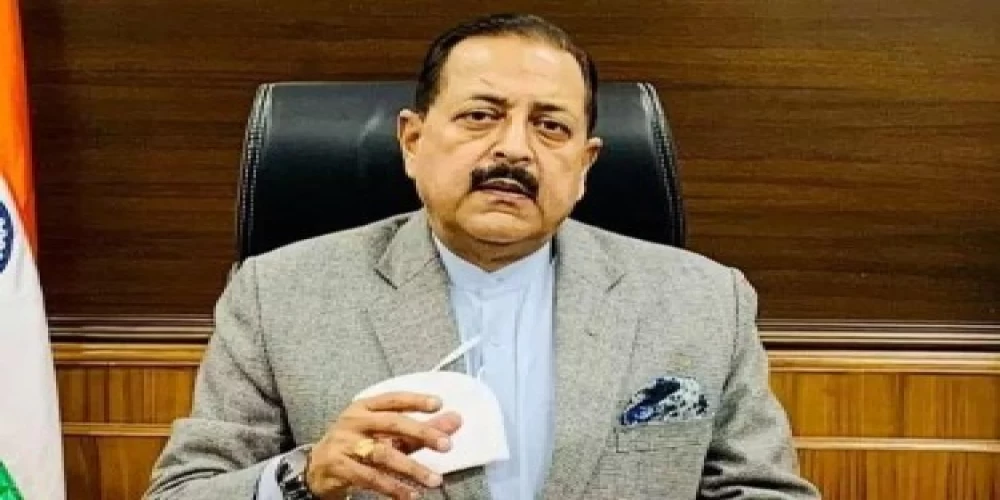
New Delhi: Ideal public administration must be competitive, efficient, cost effective and accountable to deliver good governance, said Minister of State for PMO, Personnel, Public Grievances, Pensions, Atomic Energy and Space, Dr Jitendra Singh on Saturday while addressing an event on ‘Revisiting the History of Civil Service Reforms from Capacity Building Lens.'
The Minister said that public officials today are facing increasing pressure to deliver better services with fewer resources which requires, among other things, an investment in capacity building. He maintained that the Civil Servants for a New India need to keep pace with these constant and evolving changes.
Increasing transparency, accountability and people-centric delivery mechanisms must become cornerstones of New Generation Reforms for the New Generation Civil Servants, he said, adding that the Capacity Building Commission of India will be publishing an ‘Annual Health of Civil Services Report’ (AHCSR) in 2022 that will take a deeper look at the performance of the Indian civil service and how Mission Karmayogi is impacting capacity building in the civil service.
He opined that the concept of ‘Good governance' is not alien to India and is well captured even in the country’s ancient literature. It has been seen as a comprehensive pathway to achieving the ideal state of serving people and overcoming the crisis and challenges in administration. He said that in our ancient literature, the foundation of good governance is based on Dharma (righteousness). One who practises ‘Dharma’ immediately distinguishes oneself from the present materialistic repository of values.
For a Civil servant following the path of Dharma and supporting it with good Karma will lead to administrative excellence. The earliest works on Public administration in India have been illustrated in various sacred texts such as Vedas, Buddhist literatures, and Jain canonical works, he said. /BI/





